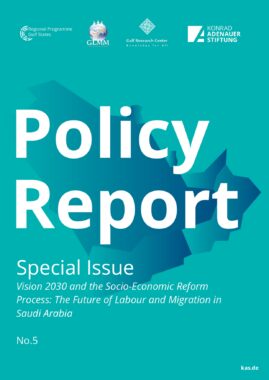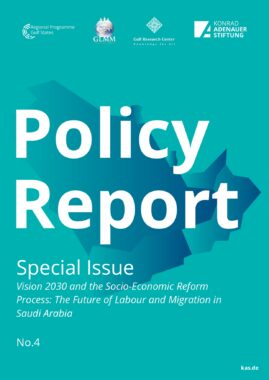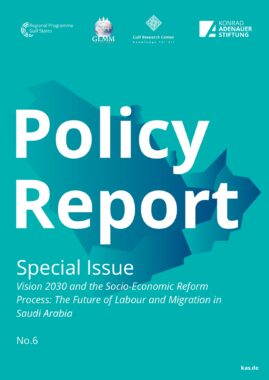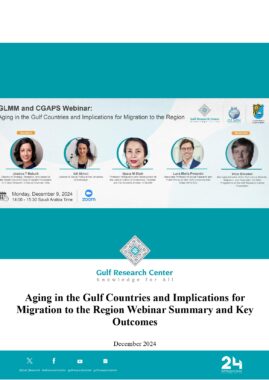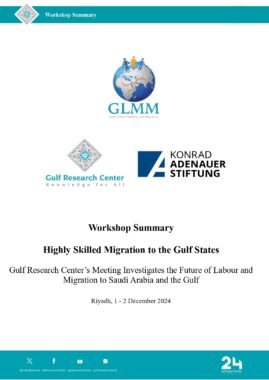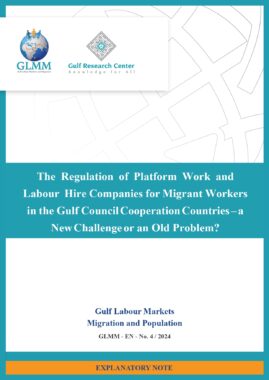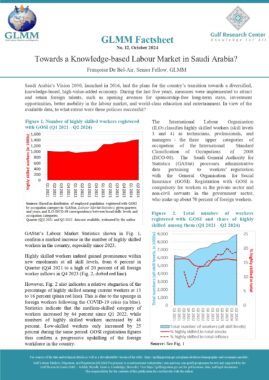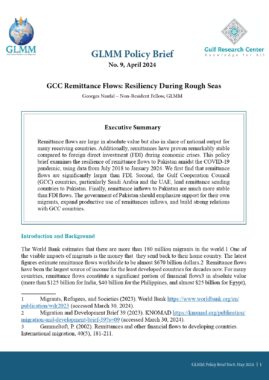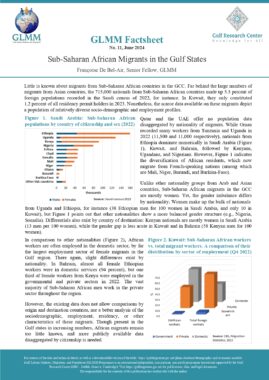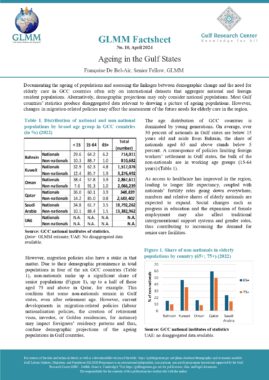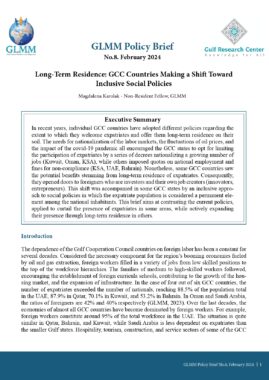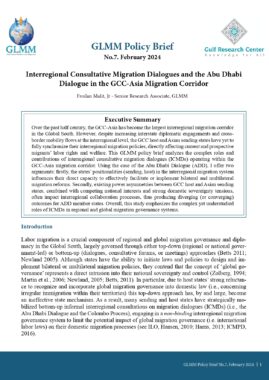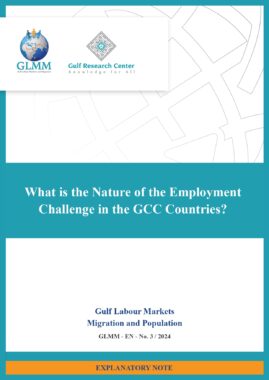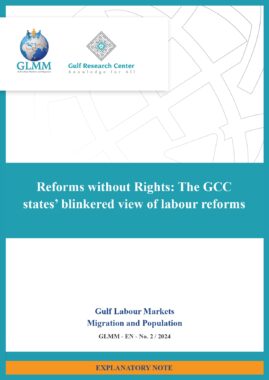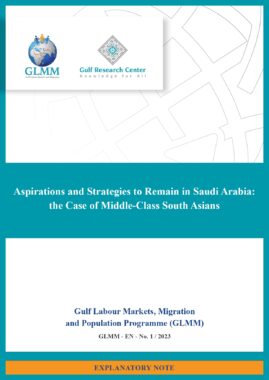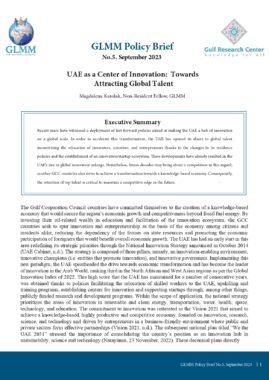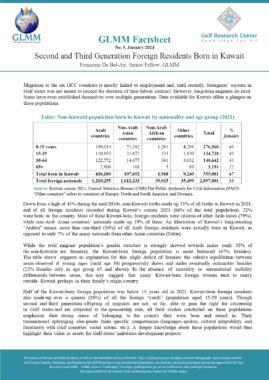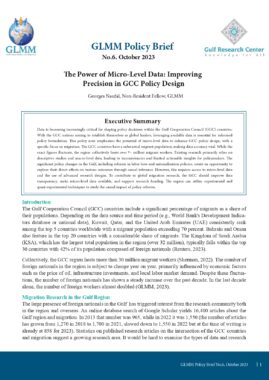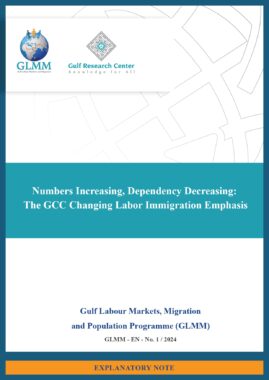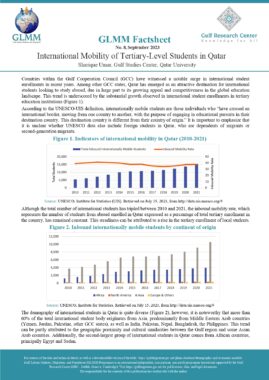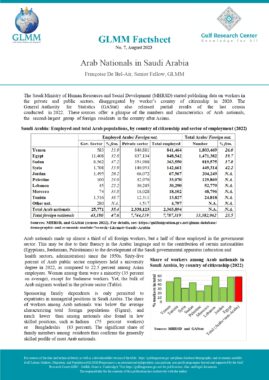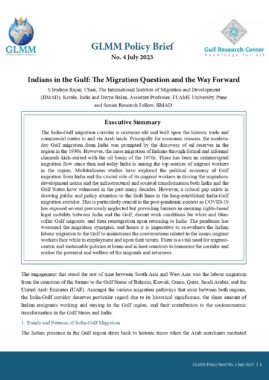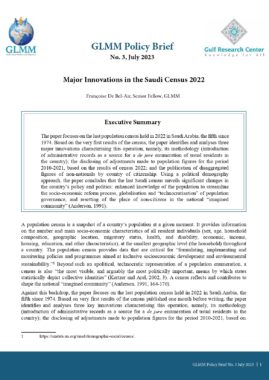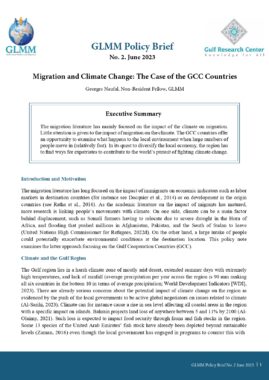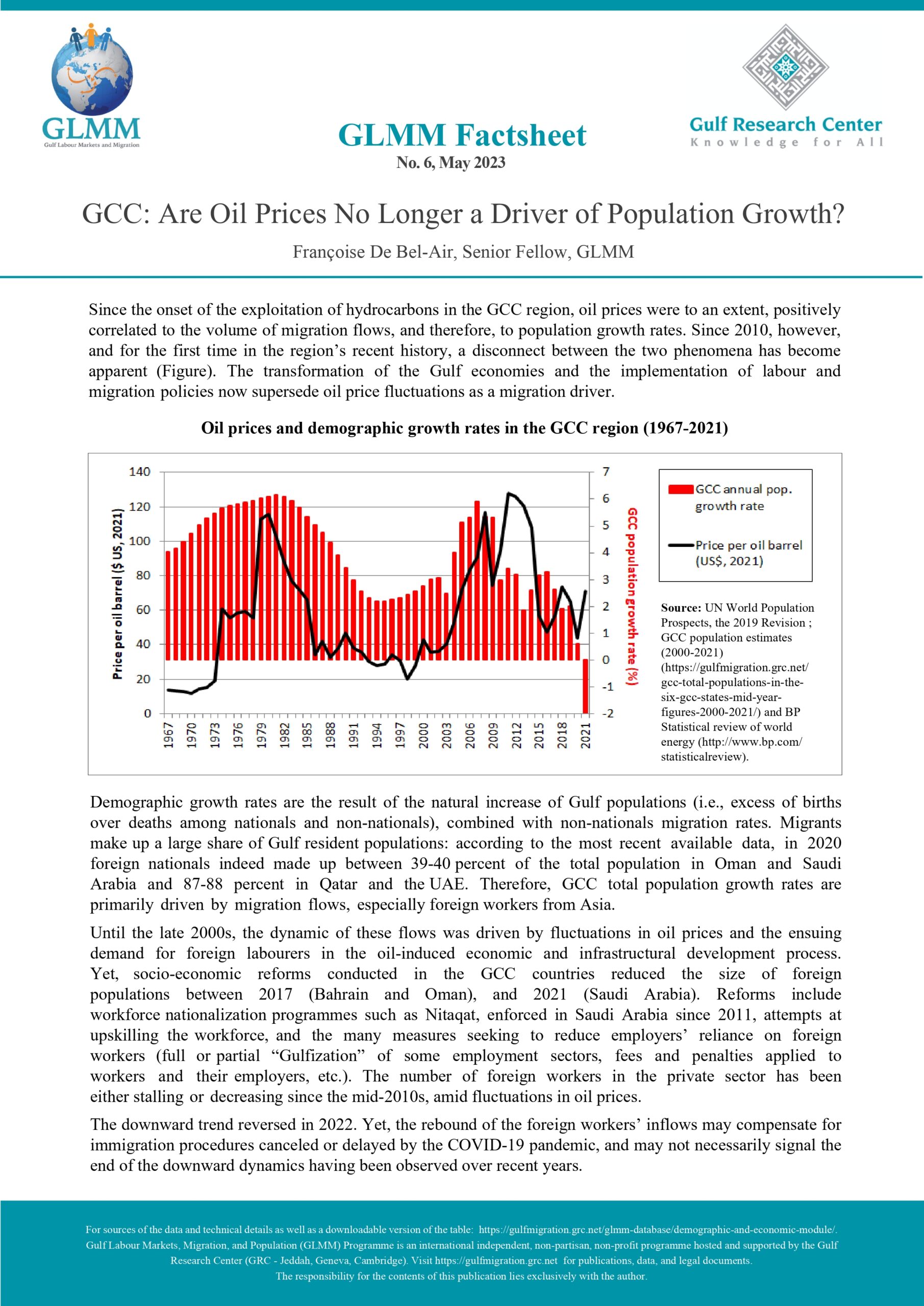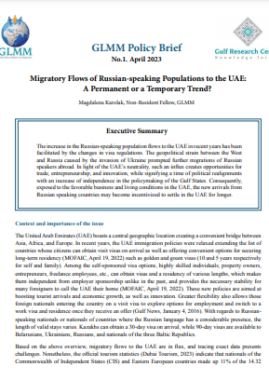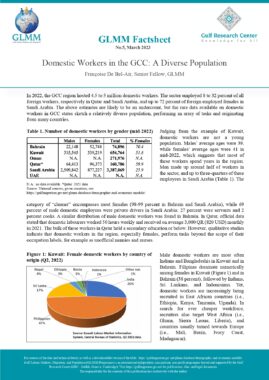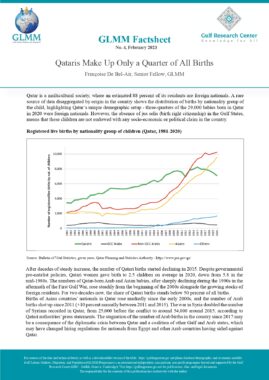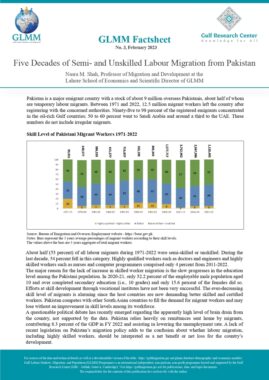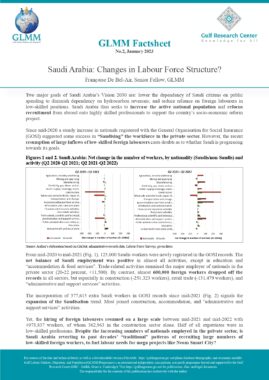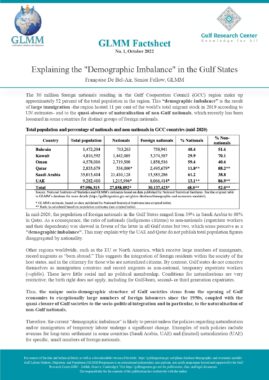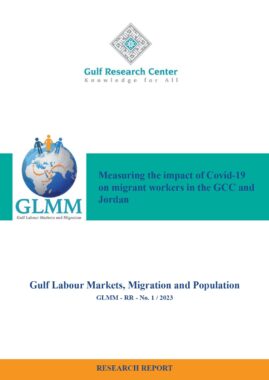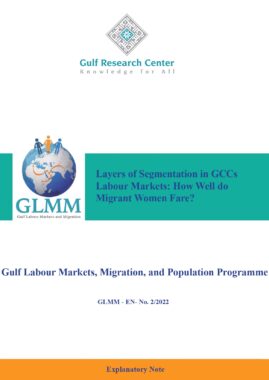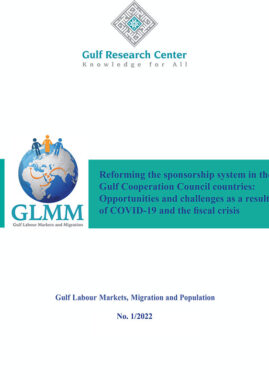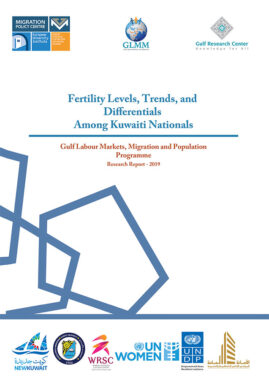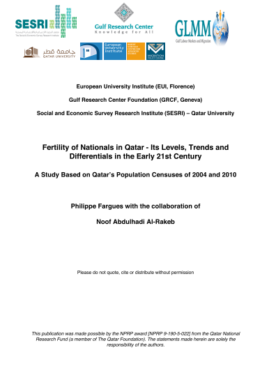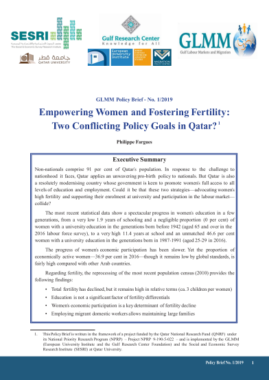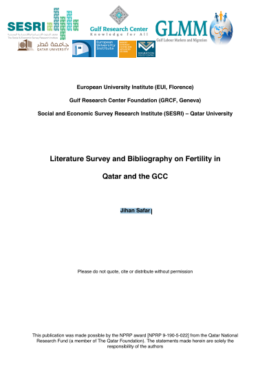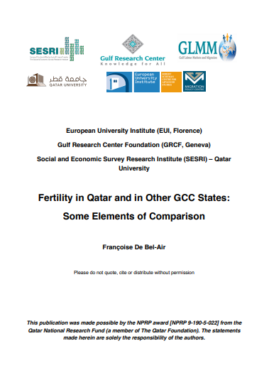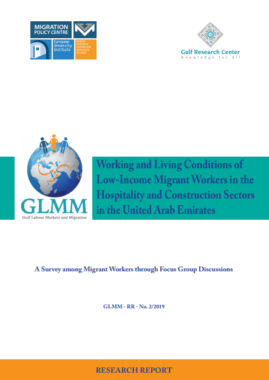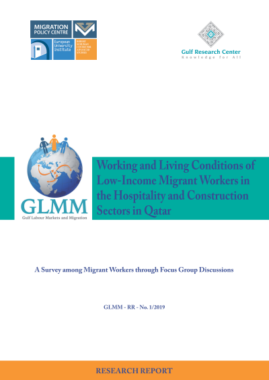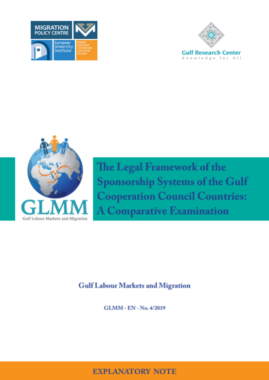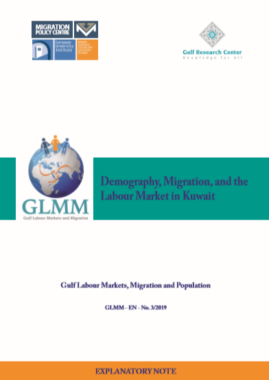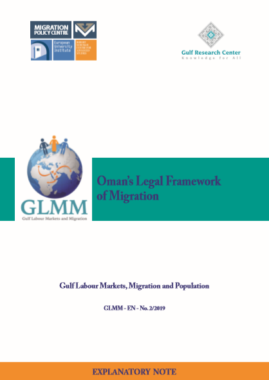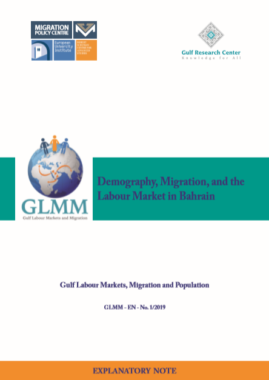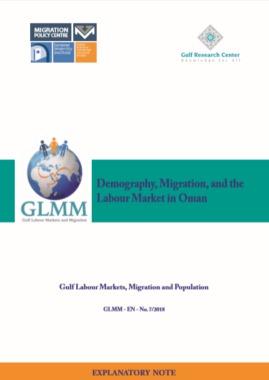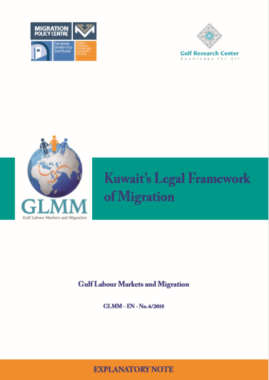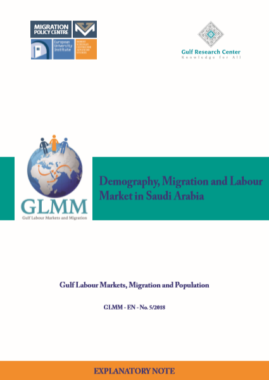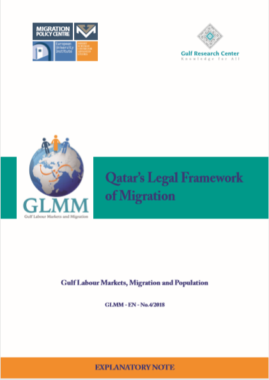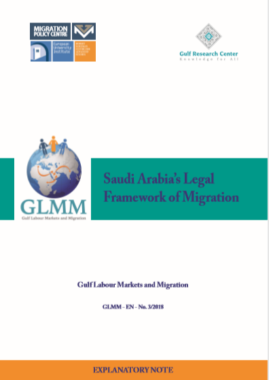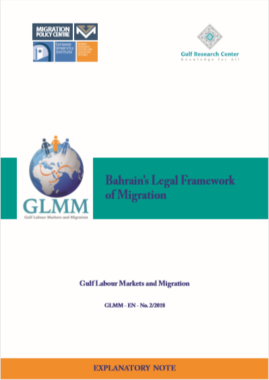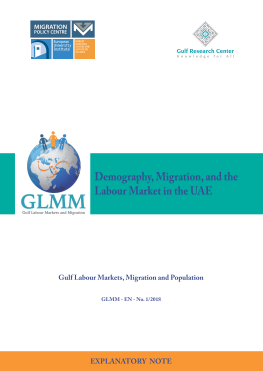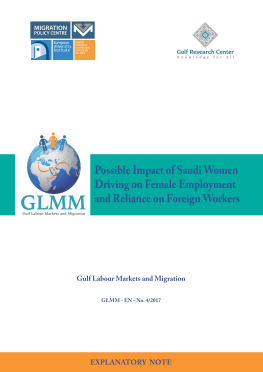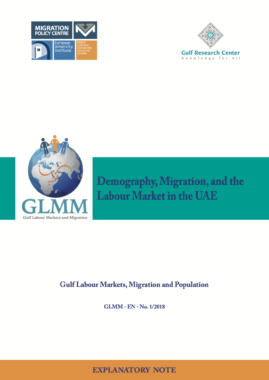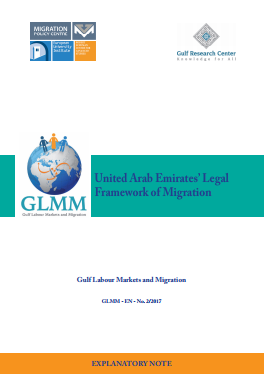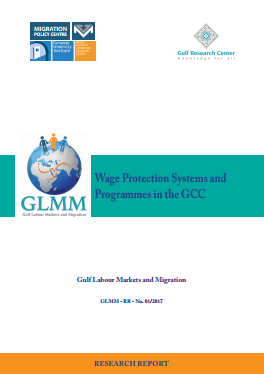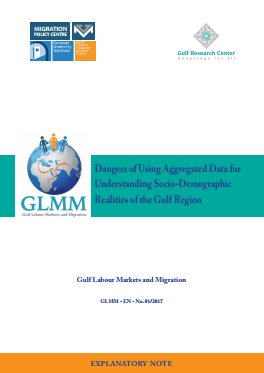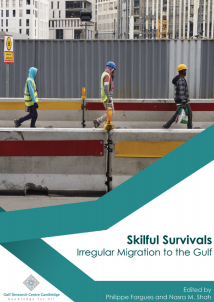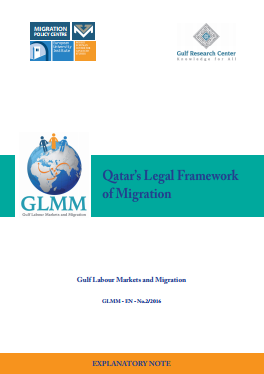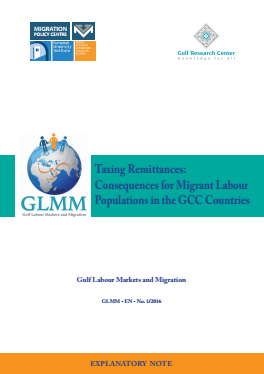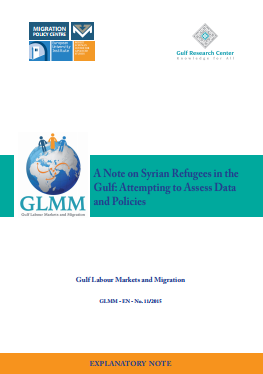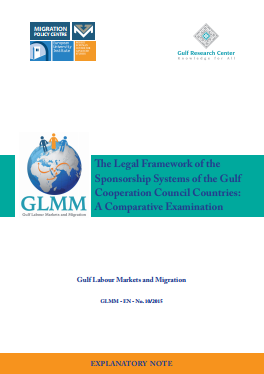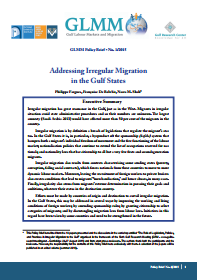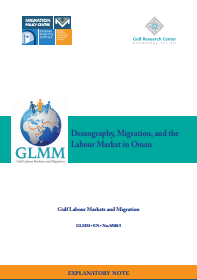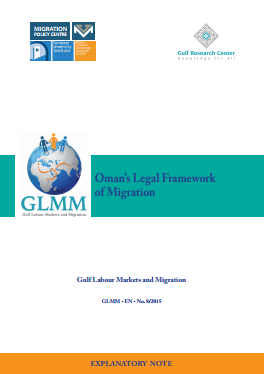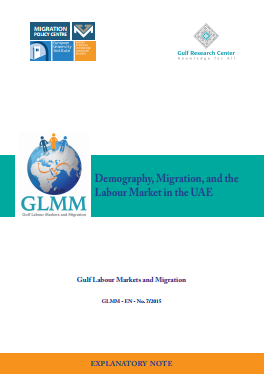Saudi Arabia: Population by nationality (Saudi/non-Saudi) and administrative region (governorate) of residence (2022)
| Saudis | Non-Saudis | Total | |
| Riyadh | 4,439,210 | 4,152,538 | 8,591,748 |
| Makkah Al Mukarramah | 4,153,723 | 3,867,740 | 8,021,463 |
| Eastern Region | 2,949,854 | 2,175,400 | 5,125,254 |
| Al Madinah Al Munawwarah | 1,352,146 | 785,837 | 2,137,983 |
| Aseer | 1,444,688 | 579,597 | 2,024,285 |
| Jazan | 1,002,779 | 402,218 | 1,404,997 |
| Al Qaseem | 926,490 | 409,689 | 1,336,179 |
| Tabuk | 637,601 | 248,435 | 886,036 |
| Hail | 527,885 | 218,521 | 746,406 |
| Al Jawf | 440,264 | 155,558 | 595,822 |
| Najran | 394,976 | 197,324 | 592,300 |
| Northern Borders | 271,358 | 102,219 | 373,577 |
| Al Bahah | 251,288 | 87,886 | 339,174 |
| Total | 18,792,262 | 13,382,962 | 32,175,224 |
Source: Saudi Arabia census 2022
ANNEXED NOTE
- Technical Notes and Definitions
Source: Saudi census 2022
Date of reference: 10 May 2022
Population of reference: Families and individual citizens and residents within the Kingdom, regardless of the status of their identification documents. Visitors for Hajj, Umrah and tourism are excluded from the census.
Methodology:
The first phase of the 2020 census began on 3 February 2020 (enumeration of buildings and households). Census 2022 used geospatial data, including satellite images, electricity consumption and mobile phone data, to improve the accuracy and geographic coverage of address canvassing.
The second stage (“actual enumeration”) was due to start on the original reference date (17 March 2020), but was suspended by the outbreak of the COVID-19 crisis. This stage was conducted in October 2021.
The 2022 census used a combined methodology – administrative records, fieldwork and digital self-enumeration. Household data were collected from e-portals of self-enumeration (on residents’ mobile devices, laptops or personal computers, or self-enumeration stations/kiosks, located in shopping centers). The digital self-enumeration process was complemented by face-to-face interviews, using digital tablets.
Census 2022 used a de jure approach: enumerating people according to their usual place of residence.
Administrative data from multiple sources was used to cross-validate collected census data.
Census 2022 was designed as a launchpad for several new secure statistical data registers for population, housing, and businesses.
See census methodology in:
https://portal.saudicensus.sa/portal/public/methodology
Portal of the Saudi census:
https://portal.saudicensus.sa/portal
- Institution which provides data
General Authority for Statistics (GAStat)
- Data availability
The table was retrieved from the Saudi census portal on GAStat website:
https://portal.saudicensus.sa/portal
“Population” section, then “data tables”-
https://portal.saudicensus.sa/portal/public/1/15?type=TABLE
Selected, pre-set tables can be downloaded from the thematic section.
Date of access: 15 June 2023.
GLMM and GRC cannot guarantee that the link to access the source will not change; that the information will not be removed from the website it was obtained from; that no geo-blockages will be imposed; or that the information will not be available for any another reason.
Keywords: Saudi Arabia, Foreign Population, National Population, Foreign & National Populations
Similar Posts:
- Saudi Arabia: Saudi male population by age group (2010-2022) (data adjusted by census 2022)
- Saudi Arabia: Saudi female population by age group (2010-2022) (data adjusted by census 2022)
- Saudi Arabia: non-Saudi male population by age group (2010-2022) (data adjusted by census 2022)
- Saudi Arabia: non-Saudi female population by age group (2010-2022) (data adjusted by census 2022)
- Saudi Arabia: Saudi population by age group (2010-2022) (data adjusted by census 2022)
Tags: Foreign and National Populations, Foreign Population, National Population, Saudi Arabia
